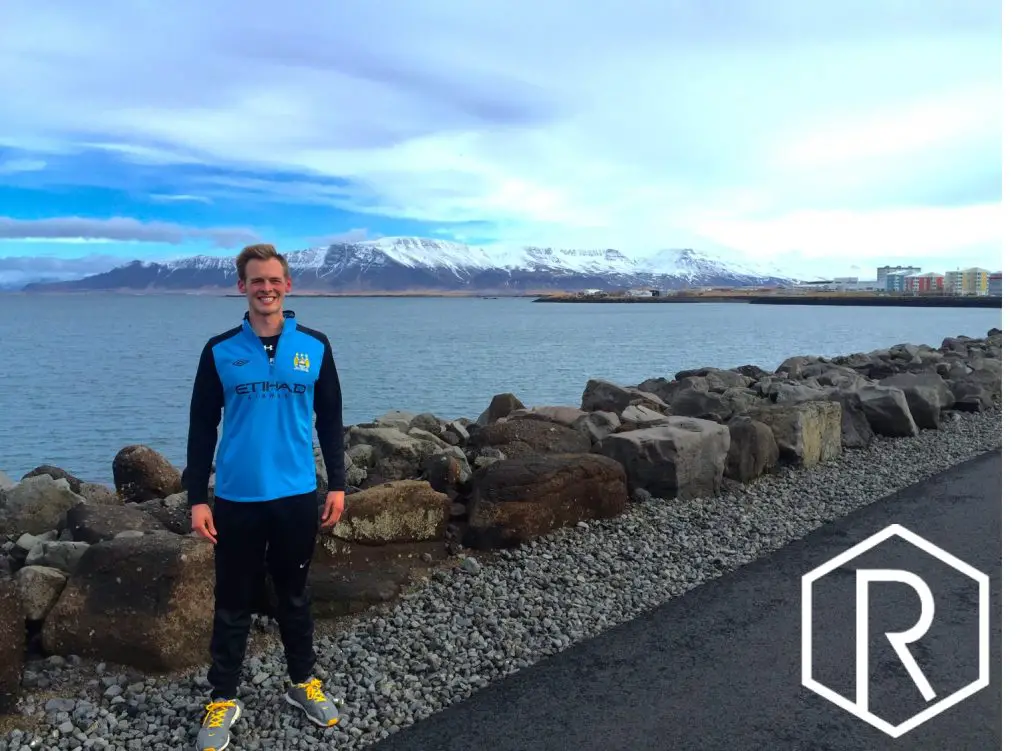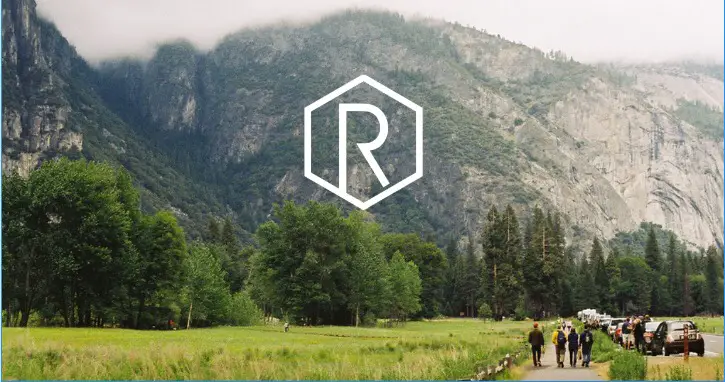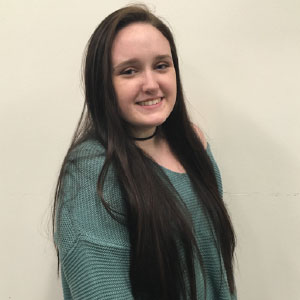As a student who has studied abroad myself, I can say that even though it was probably the best experience of my life, it certainly did not come without it’s hardships and uncertainties. Nothing can quite prepare you for being pulled right out of your comfort zone and jumping head first into unfamiliar territory, and while your program will attempt to help you adjust to your new surroundings to a certain extent, you’re on your own socially for the most part, which feels very daunting in a foreign country.
This August, the world’s first study abroad app was introduced, which allows currents students to discover recommendations of the best places to go from past students. Rayka, which comes from the Icelandic word meaning “to wander,” was founded by Vanderbilt graduate Landon Sanford. His chief operating officer, Hans Braunfisch, also attended Vanderbilt and is currently starting his two-year master’s degree by the fellowship European Union, where he will attend three different universities—the University of Glasgow, the University of Barcelona in Spain and the University of Gottingen—and will be studying global markets and development.
How It All Started
“Landon was really the catalyst of Rayka and once he solidified his idea, he shared it over social media, which is where I came across it and thought, ‘Oh my gosh, that’s super cool’ and I sent him a message,” says Braunfisch. “We both just happened to be in Nashville on the same weekend, so we went out and got some coffee and we talked about it. The conversation was casual, I was just telling him about what I was doing at the time and expressed my interest in his idea, and from there things really took off. So, it’s definitely Landon’s baby, he does the heavy lifting.”
Soon after their initial conversation, Braunfisch joined the Rayka team and quickly became a valuable asset, seeing that he would be abroad for the next two years and would be able to get the word out as COO during his time overseas. As COO, Braunfisch reaches out to whoever he can to make new connections with and is always looking to take the next step to help their app grow and expand. “It’s a constantly morphing position, I generally just assist Landon in any way that I can, whether it be writing emails, forming partnerships or making Instagram posts.”

“Landon kind of came at it from the perspective that he’s traveled a lot and studied abroad, and he found himself just constantly having to give recommendations to people and thought, ‘Why is there not a better way to do this?’ I’ve also been to about thirty countries myself, and it’s been kind of annoying to be constantly connected with people who ask a ton of questions about where to go and what to do, and we wished we could just show someone an app or a list and be like ‘Here look at this, this is exactly what you want.'” Personally, I would have killed for an app like this before I studied abroad in Italy, because I didn’t really know anyone who had studied there before and didn’t know who to ask about the do’s and don’ts. It’s so easy to waste a ton of money at overpriced, mediocre, tourist-trap restaurants and attractions that could have been avoided simply by checking out an app such as Rayka.
What It Is and How It Works
There are two main uses for the app: to find recommendations from students who have also studied abroad in the city you’re going to, and to discover the best places to either visit or avoid on weekend trips while you’re traveling abroad. Braunfisch studied abroad in Berlin, and he felt as though there was a disconnect between students who study, even in the same program, from year to year and it seemed like a missed opportunity to have garnered so much knowledge abroad and not share it with students to come. “Every cohort that goes has no idea what they’re doing or where to go, but by the end they have a list of their favorite places. That entire list is then lost in between cohorts because if you’re not really good friends with someone who went abroad the previous year, then you’re not going to get their knowledge transfer,” says Braunfisch.
To solve this issue, the app offers a section of study abroad groups in different cities. For example, there may be a “Vanderbilt in Berlin” group where students can go on and put their recommendations, and over time that list will continue to grow and expand, assisting new students in the very uncomfortable acclimation stage that comes with the experience of living in a foreign country.
When you’re studying abroad, you’re no doubt going to want to travel, but since you’re probably only going for a week or a weekend, you’re going to want to make sure you get the most out of your limited time and not waste a single second. A common issue young travelers see is that they go on websites, such as Yelp or Trip Advisor, looking for places to eat at or things to do; everything seems to have a four star rating, and it’s also not geared towards the twenty-year-old age demographic. Instead, Rayka uses strictly qualitative reviews, and the reviews are posted only by students, so a review might say that even though the architecture of a building is beautiful, it’s generally boring for a college student and not worth the fifty euro entry free. “Qualitative reviews give you a much better idea of where you’re going and what you’re getting. You can list things like drinks or college specials or anything like that. In the end, you have a shared community with all of these different reviews that are specifically for our demographic, written by our demographic, which offers a lot more than traditional review sites that are made for the general public,” says Braunfisch.
The Team
Currently, there are about ten people involved with the app. There is an outside group that deals with the technical side and the actual development of the app itself, “It’s never really something that I knew much about,” says Braunfisch, “but Landon had a few connections which really helped a lot. Sending out the first batch is definitely the hardest part, and then we started to learn a lot more about the actual technical aspects of it, and we’re still continuing to add more people to the team that have great tech skills to continue to make it the best it can be.”
Today you can find Rayka in the App Store, and if you were to search “study abroad,” Rayka would already come up listed at number four, which is pretty cool considering the app launched less than a month ago. The team is working hard to spread the word, acquire reviews and increase their number of downloads. “The higher we can be on that list the better, and we’ve been really pleased with how quickly we have moved up the list and hopefully it continues in that trend.”
The Rayka team is already working on their second version of the app, which is part of the beauty of having a tech-based application, because it allows for the ability to change and improve so rapidly. They’ve been consulting with advisors and mentors in the industry who have experience in specific fields, such as international education or technology, who have been able to offer them insight as to what’s really important and how to expand their horizons moving forward. Braunfisch says, “We really value those important inputs, and it’s been a fantastic learning experience.”
The Goal and the Game Plan
The goal of the app is to give students the opportunity to have the best possible experience abroad and to help them with the stressful and unsettling acclimation process. I can say from my own experience in Italy that trying to get used to the new culture, new people, new environment and new diet, all while trying to do well in school and maintain an exciting social life is no simple task.
“You could go somewhere and be in the most beautiful place in the entire world, but if socially you feel like you don’t fit in and you don’t know where to go, that’s not going to help you have the greatest experience, so we really want to help students get on the ground quickly,” Braunfisch says. There are no other apps or services that help with social acclimation, which is practically essential when trying to transition quickly into your new home.
In the future, the team plans to continue to expand Rayka past a recommendation app to more of an app that helps young travelers remember all of the places they’ve been to and what they liked. Braunfisch says, “We are looking to have interfaces that really emphasize where you’ve been and your favorite places. We’re working on some cool new designs to help make it much easier for students to keep track of all of the places they’ve gone. We are really excited about the possibilities in the future and we have a lot of new things to come.”

















